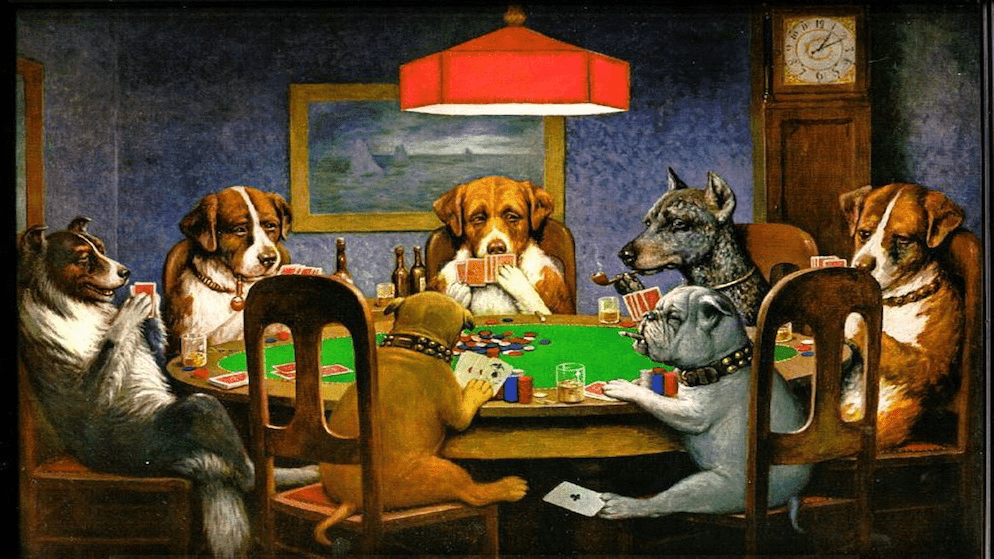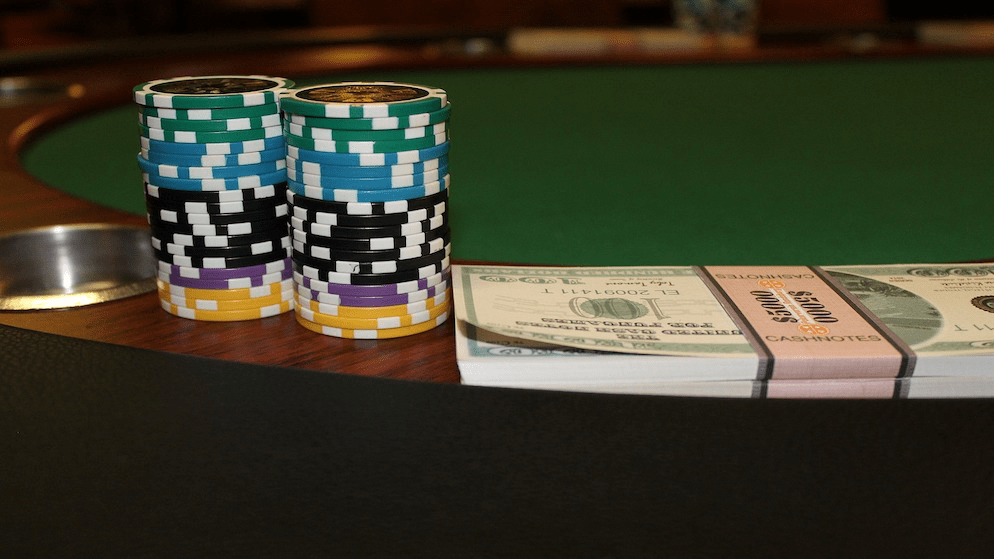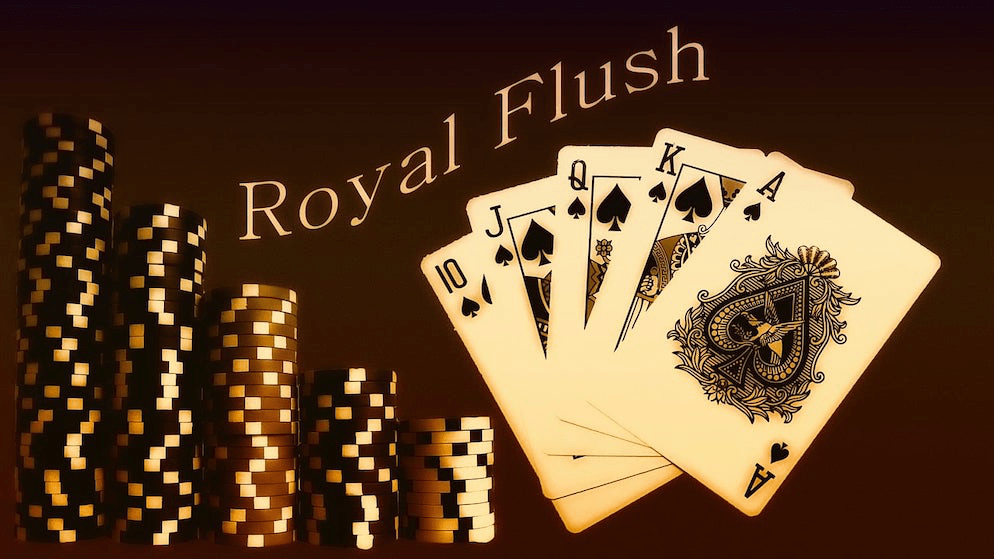Affiliate Disclosure: We may receive a commission if you sign up via links on this page (see Policy). Please Gamble Responsibly.

How To Win At Poker
Mastering poker demands both skill and patience, making it initially daunting for beginners who want to learn how to win. Yet, learning the game’s mechanics is quintessential if you intend to stand out in the crowd in all casino games, and poker is certainly no exception.
Almost all new casinos like those listed at https://www.norskespilleautomater.com include poker and if you want to join in the fun, read on. We will give you tips, tricks, and valuable strategies that will help you win.
How To Win at Poker – Learn the basics
Learning how poker works is the first step in winning. You just cannot play a game and expect a positive outcome if you do not understand what you are playing. This means you will need to know the poker rules and basic concepts like blinds and antes. Another basic you should learn is poker hand rankings. Go over the different hand rankings to know the strength of different hands.
You should also learn positions. Position in poker refers to how the players are seated in the game. If you have a position over other players it means you are playing after them and their moves inform yours. To put it differently, the hands you play are decided by where you sit. Therefore, positions can affect your poker strategy and should not be overlooked.
How To Win at Poker – Start small
The allure of earning profits in the game might tempt you to wager significant amounts. However, as a newbie, your main goal should be to improve your skills. It’s advisable to begin with lower stakes, prioritizing skill development over high-risk bets.
Starting small has many advantages, with one of the biggest being that you know you are not risking a lot of money, and as a result, you will pay more attention to the game and learn from your fellow players. Your focus will be on learning poker hands and positions and developing a poker strategy. Before you move up your stakes, be comfortable in the game.
Choose the best games to play
As one of the most popular casino games, you will never have trouble finding poker games to play. For beginners, it’s essential to select games that align with your current skill level to gradually build expertise and confidence. Playing against more experienced players can make you lose more money than you intended.
Research where you can find recreational players who are just as interested in growing their skills. There are many poker sites available with demos that allow you to practice before jumping in.

Understand your position
As already mentioned, positions are very important in poker. This is why it is important to know when you are both in a strong or a weak position and adjust accordingly. Each seat at the table has a name and the names of positions are determined by whether the table is a short-handed (SH/ 6-handed) table or a full-ring (FR/9-handed) table. Positions you will come across include
● The Button – The button defines the location of each seat.
● The Blinds – Big blind (two seats to the left of the Button) and small blind (to the direct left of the button).
● Early positions – Under the gun (UTG, UTG 1, UTG2) and MP1. These seats are found in a full-ring table. Under-the-gun refers to the player who is first to act preflop.
● Middle positions – In a short-handed table, there is only one middle position which is simply referred to as MP but in full-ring tables, there are three middle positions- The Hijack (HJ), Lojack (LJ), and the first middle position (MP1).
● Late positions – The Button (BTN) and the Cutoff (CO)- to the direct right of the BTN.
Understanding game positions can take some time but never give up.
Manage your bankroll
Managing your bankroll is just as important as knowing the basics. Bankroll management involves controlling how much money you can put in a stake. It requires understanding factors like luck are part of the game and knowing how to discipline and restrain yourself when putting money in a poker game.
To effectively manage your bankroll, it’s crucial to only stake money you can comfortably afford to lose and engage in games that match your skill level. Moreover, sound bankroll management directly influences your gameplay decisions. By prudently handling your bankroll, you ensure that the money you’re using works for your benefit rather than against you.
Master bluffing
If you want to win at poker and be successful, you simply must learn the art of bluffing. Bluffing in poker refers to the ability to make an opponent fold a better hand than what you have. Your hand should determine whether or not you bluff. Bluffing should be done with hands that have the potential to develop into stronger ones in upcoming rounds.
However, do not over bluff. Overbluffing is always betting with your flush draws and all of your straight draw combos.

Learn poker odds
Poker odds help you understand whether you will win or lose a game. They refer to the probability of your chances to win or lose, the price on offer, and how often you need to have the best hand to call a bet. Each poker variation has its own odds.
You will need to learn how to calculate your outs- the cards that help improve your hand and make it better and flops- the second betting round in community poker. In order to play like a pro, you must always have the odds at the back of your mind, and this is very important as it will help you make decisions that are not based on emotion.
Fold if unsure
Just like you should know how much you are willing to lose, you should also know when it’s time to quit. A great player knows when to fold when they think they are beaten, particularly since we always want to win. Calling too often can increase your chances of losing. So, when you are unsure whether to call or fold, fold.
Finally
Practice! Without a doubt, the best way you can get better at the game is if you practice. Your initial goal right now is to just earn the game. Start with demos or recreational settings. This way, you do not have the added pressure of losing or winning. When you play for fun, you will learn the game quicker.






